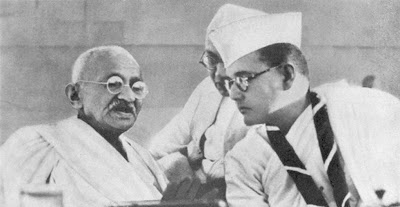This is not a review.
I am yet to finish Fifty Shades of Grey, forget about the rest.
When I was in Chennai, my best friend there, my classmate, S told me love is BDSM for him.
He also told me he believed love is BDSM everywhere in the world. In all families. Among every culture.
I was not so well-conversant with BDSM and its coded approach at that time.
As the computer games, the social networks, the interactive living even in the most lonely moments pervade us, love as an expression of BDSM becomes more clear.
It is a play. It is a play in truth.
The vermilion in our marriage as a remembrance of bondage (as Rahul Sankrityayan addresses this issue in his Volga to Ganga), the mangal sutra as a token of bondage and dominance, the white saree to signify a colorless life in absence of the Lord - all signify bondage.
However, BDSM, like a computer game, has role reversals. Bondage and dominance are not restrcited to specific sexes.
There is a certain discipline followed in the game, which is shared religiously by the participants.
All religious orgies are based on such disciplined sex related practices. Not only Tantric, but all.
Sadism and masochism are not only symptoms of psychosis. They surface in the healthy neurotic also. Role play is a very normal affair in all children.
And in adults too. What do the management schools teach after all?
A theory of unconditional love can be explained through BDSM too.
I rejected this trilogy as rubbish.
But, after a second thought, I came to reconcile. "Why not?", I thought. Only, a proper understanding of the rules of the game should be there.
I am not to practice it. I am enlightened.
For others...
Long live BDSM.







